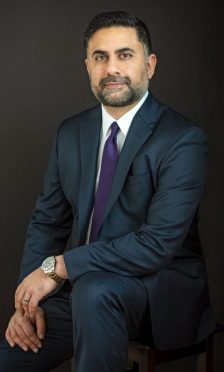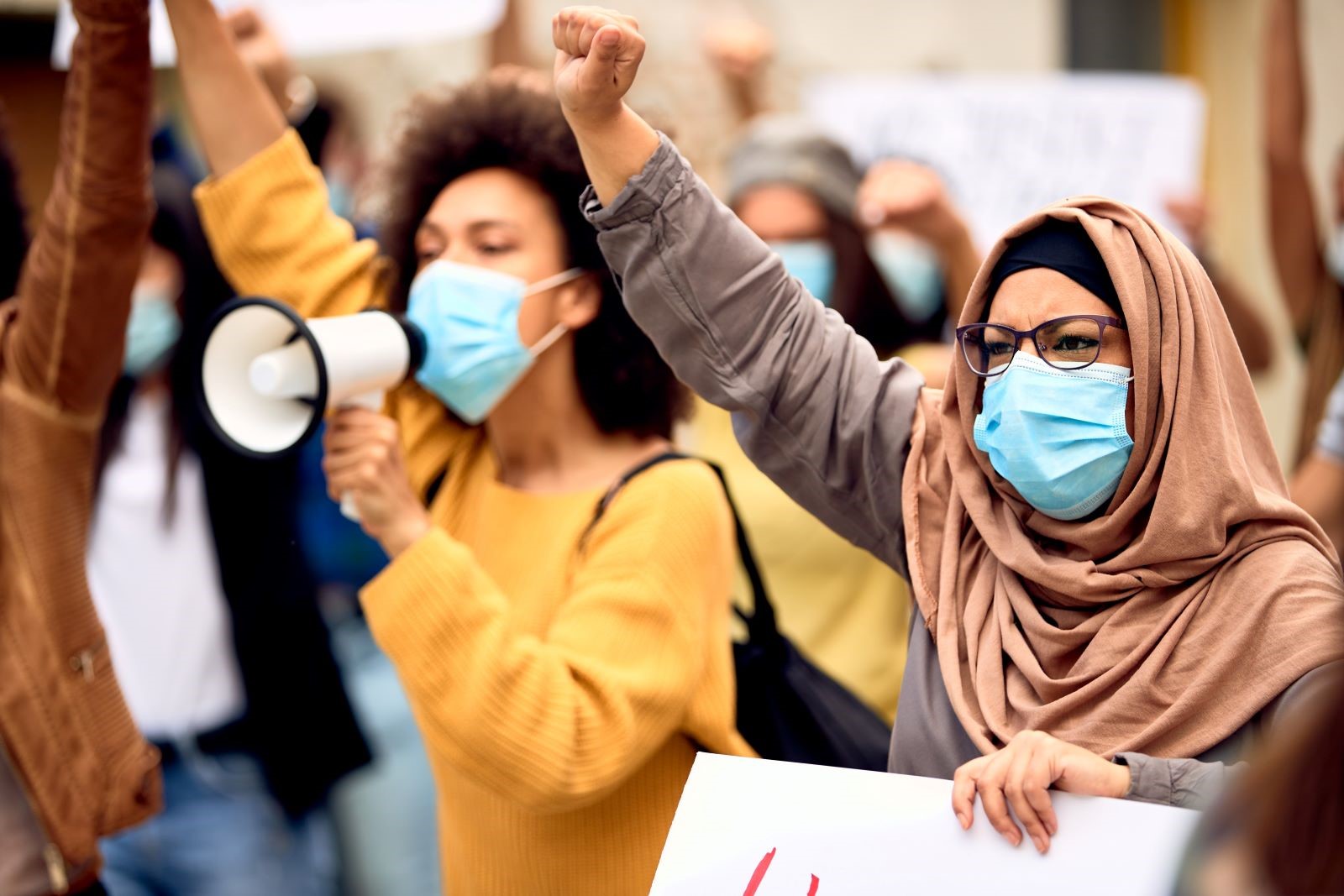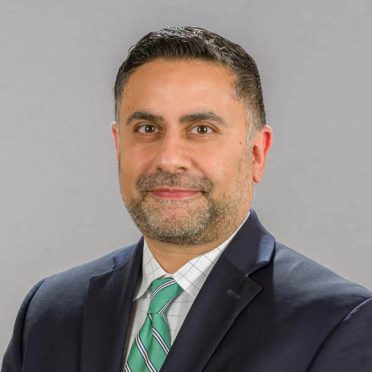When Javeed Sukhera, MD, PhD, FRCPC, first heard news of the Buffalo mass shooting, it shook him to the core. That’s because he has experienced this kind of violence on a personal level.
Less than a year ago, a hate-motivated car attack in London, Ontario, where Dr. Sukhera lived, killed four Muslims and severely injured a young boy. They were family friends.
It was the latest in a string of hate crimes against Muslims in Canada, and the connections between Buffalo and Ontario were stark.
In Buffalo, the 10 who died were killed because they were Black. In Ontario, the senseless deaths occurred because they were Muslim.
In Buffalo, the gunman was 18 years old. In Ontario, the suspect was 20.
Both allegedly subscribed to racist ideologies, and both drove in from out of town, seeking out victims of a certain race.
And, in both cases, the victims were parents, grandparents, husbands, wives, outstanding members of the community – and innocent human beings.

“He killed three generations of one family,” said Dr. Sukhera, who still has a home in Canada but now serves as the chair of psychiatry at the Institute of Living and chief of psychiatry at Hartford Hospital, both of which are part of Hartford HealthCare. “The Buffalo shooting re-traumatized me. I couldn’t sleep, there’s a lot of numbness, a lot of compartmentalization. But it’s very important that we acknowledge it, and that we talk about it.”
Those aren’t just soundbites from Dr. Sukhera. Last weekend, when the Buffalo shooting occurred, he was on call at the IOL. During morning meeting, in the usual shift change check-in, no one mentioned the massacre. So he did. He mentioned the event specifically, and ended with this:
“I just want to say that I’m struggling with what happened and I hope to send love to to whoever might also be struggling,” Dr. Sukhera announced to his colleagues.
It might seem simple, but for Dr. Sukhera, talking about it is important. And he hopes that others across Hartford HealthCare do the same, and feel free to identify racism and stereotyping when they see it. Too many organizations punish the messenger rather than the person who is the object of the hate.
Naming racism is especially important in healthcare, where people from many backgrounds come together to help those that need it most. Unfortunately, the number of racist incidents against providers is also increasing. There needs to be a recognition and redress when we witness prejudice or discrimination, and colleagues need to know that they are supported when these incidents occur.
All of this helps with healing, it helps with keeping the issue alive, so that things can change.
“We can’t pretend it didn’t happen,” he said. “We have to heal. That’s what communities and organizations do. We have to talk about being authentic, no one should be afraid to go to the supermarket, or to be ourselves, to live our lives. And at the same time, we have to fight as hard as we can so that no one has to ever experience this again.”



